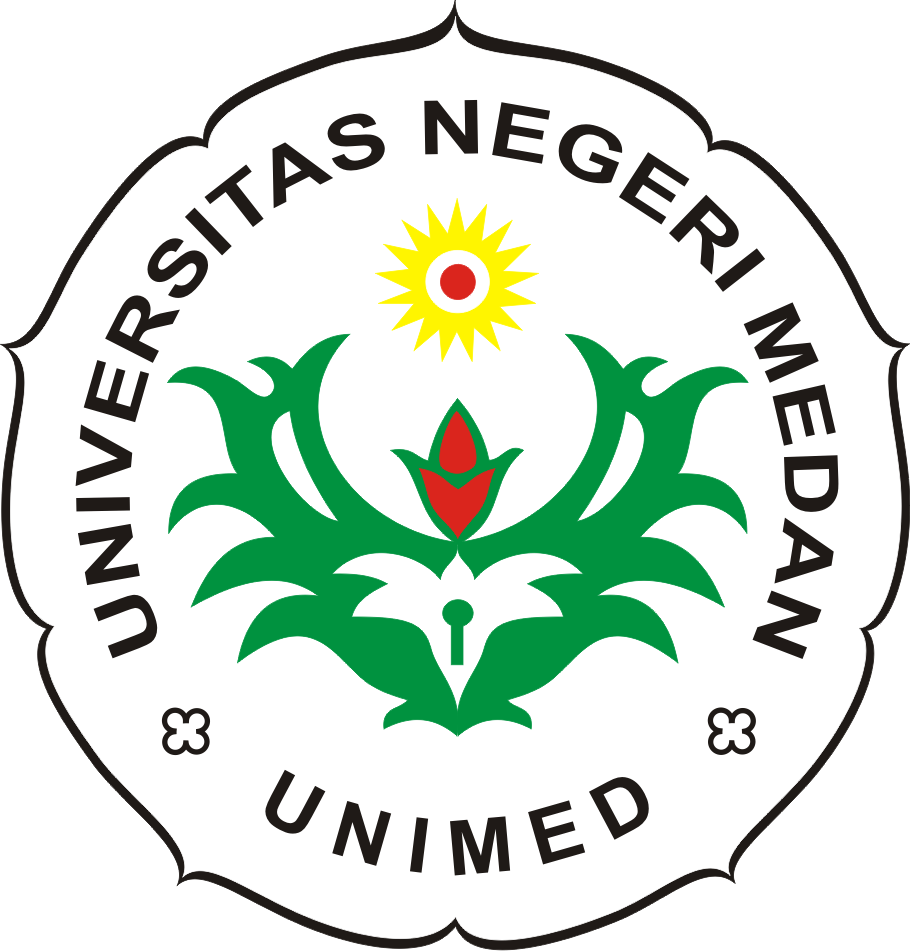THE USE OF REAP (READING, ENCODE, ANNOTATE AND PONDER) TECHNIQUE IN TEA CHING READING ANALYTICALEXPOSITION FOR THE ELEVENTH GRADE STUDENTS IN SMAN 17 MEDAN
DOI:
https://doi.org/10.24114/reg.v8i2.19636Abstract
This study aimed at describing the use of REAP technique and investigating the reasons of using REAP technique in teaching reading analytical exposition text grade eleven at SMAN 17 Medan in the academic year of 2019/2020. This study was descriptive qualitative conducted that taken one English teacher of SMAN 17 Medan. The data were collected by using an interview and observing the whole process of teaching reading analytical exposition text. The findings of this study showed that the teacher implemented four steps of REAP technique in teaching reading analytical exposition text. The teacher did every step with a good performance. The reasons of using REAP technique in teaching reading analytical exposition text were a fresh way to think to understand a text easily, encouraged students to think critically on the issues discussed, developed reading and writing skill, and also vocabulary. It also found a reason that students were easily invited to explore their ideas on the issues discussed. The findings of this study revealed that REAP technique contributed to the study of foreign language teaching especially teaching reading skill.Keywords: REAP technique, reading, analytical exposition text.Downloads
Published
Issue
Section
License
Authors who publish with this journal agree with the following terms:
- Authors retain copyright and grant the journal right of first publication with the work simultaneously licensed under a Creative Commons Attribution License that allows others to share the work with an acknowledgment of the work's authorship and initial publication in this journal.
- Authors are able to enter into separate, additional contractual arrangements for the non-exclusive distribution of the journal's published version of the work (e.g., post it to an institutional repository or publish it in a book), with an acknowledgement of its initial publication in this journal.
- Authors are permitted and encouraged to post their work online (e.g., in institutional repositories or on their website) prior to and during the submission process, as it can lead to productive exchanges, as well as earlier and greater citation of published work (See The Effect of Open Access).
- This work is licensed under a Creative Commons Attribution-ShareAlike 4.0 International License.






